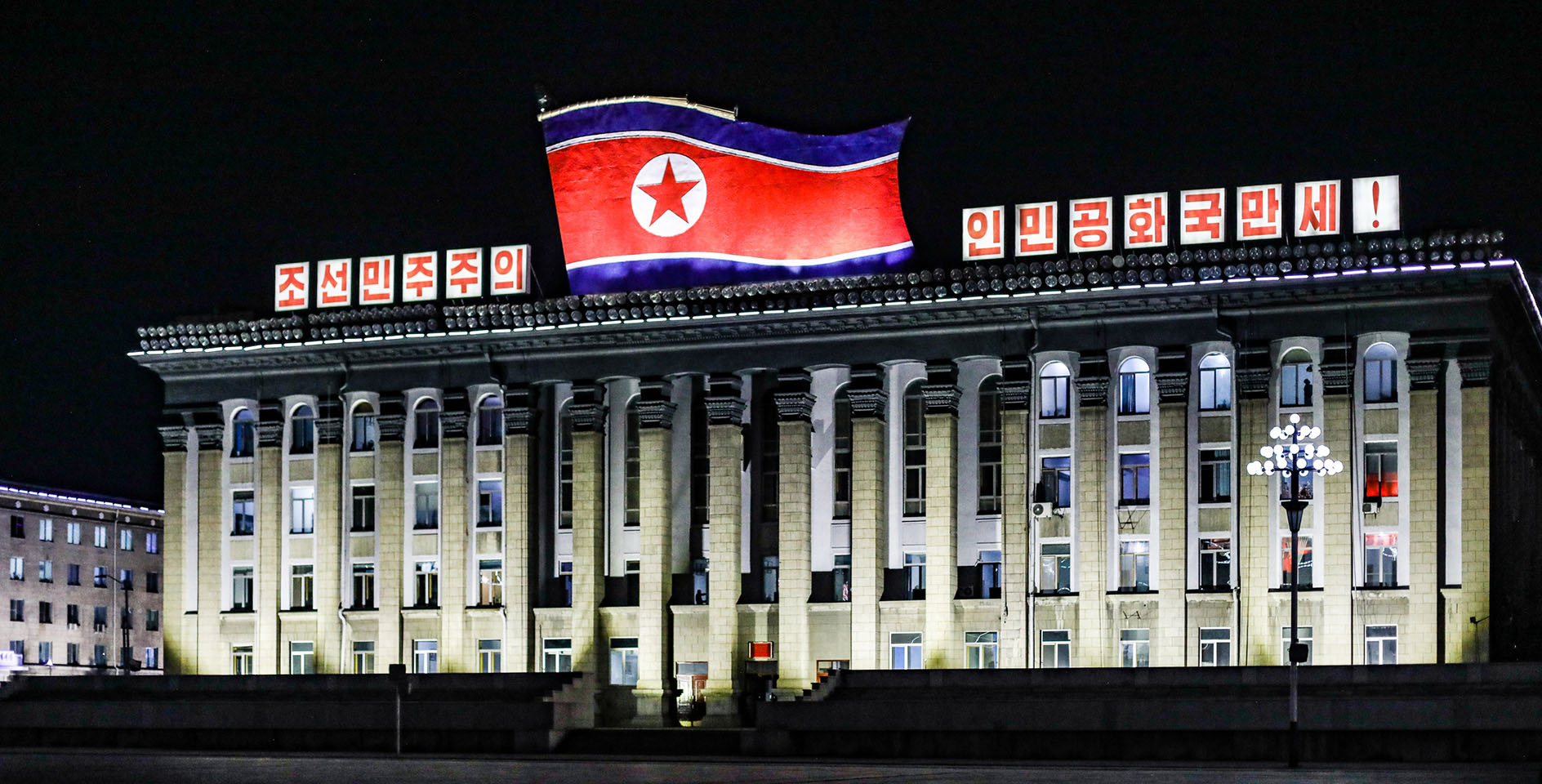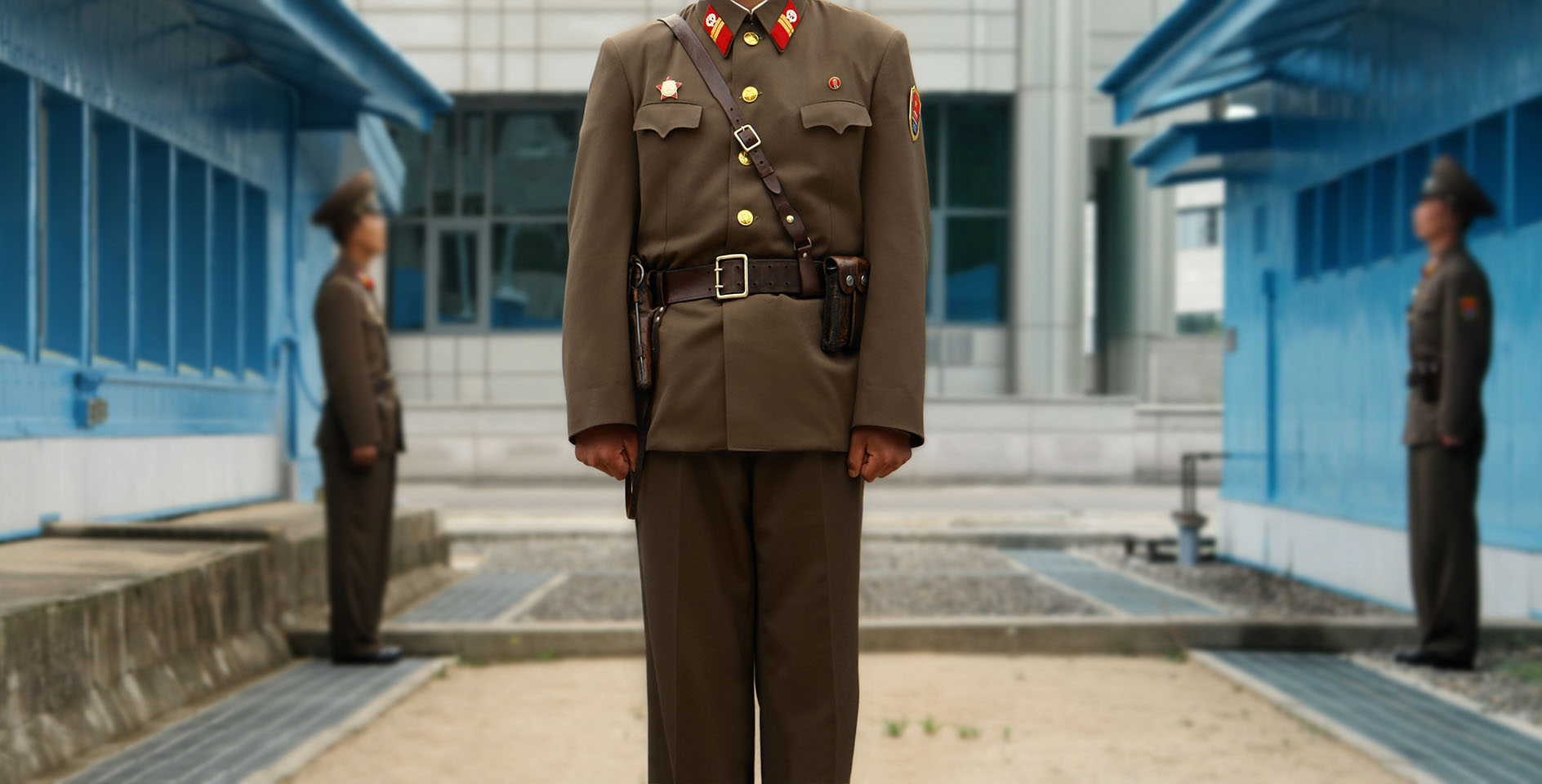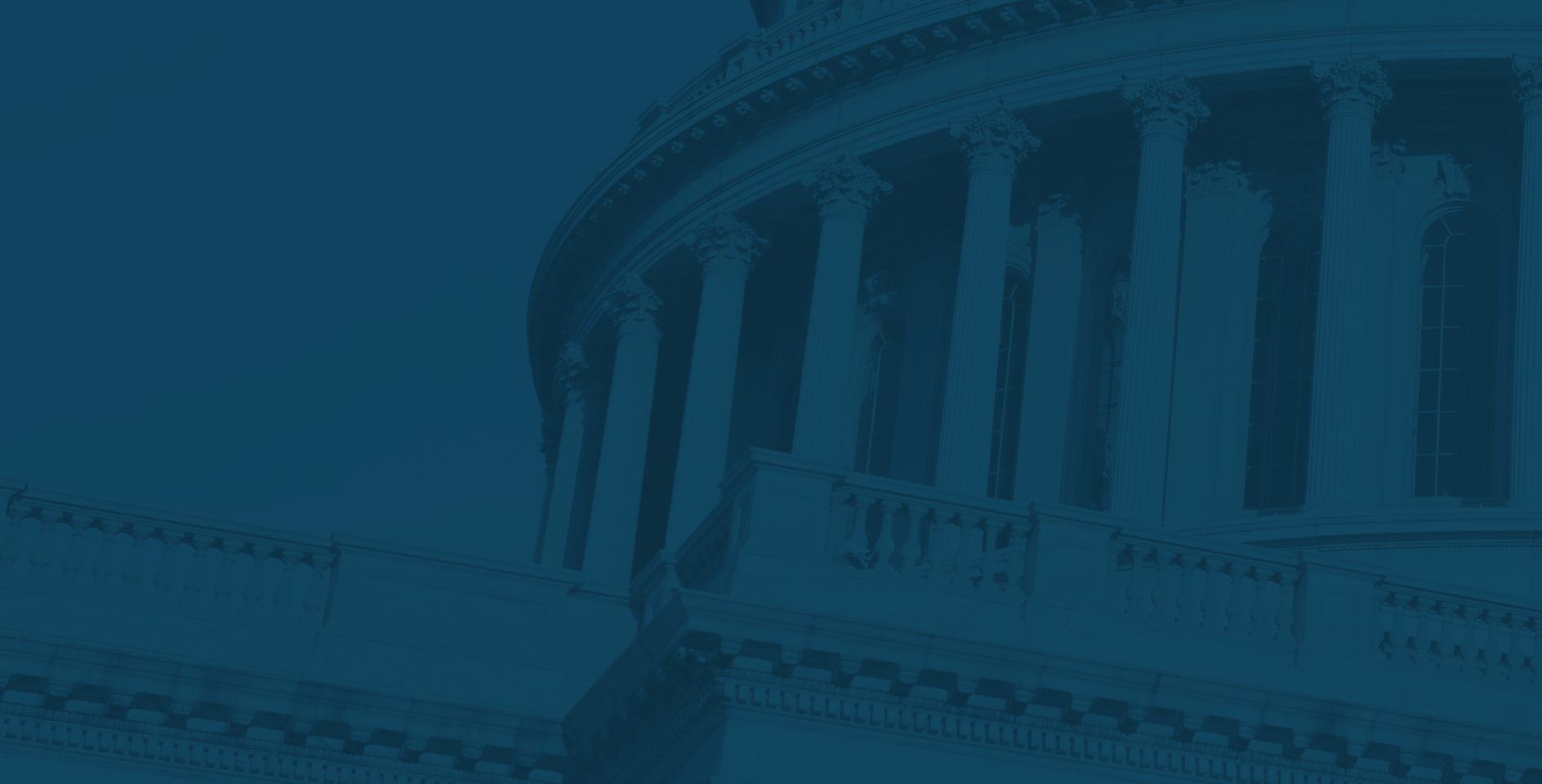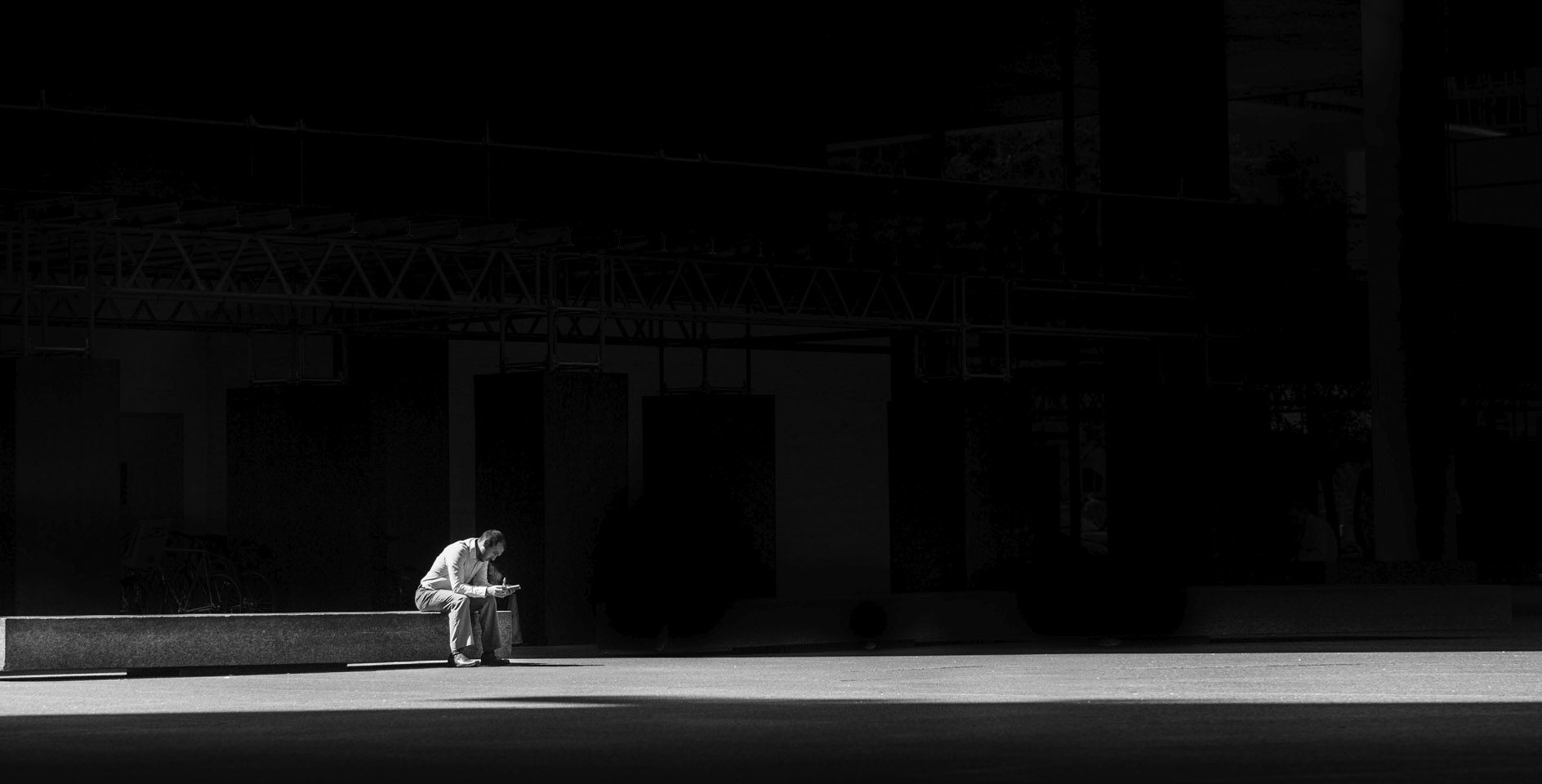On Thursday, ERLC hosted an event in Washington, D.C. called “Humanity Denied: Religious Freedom in North Korea.” The speakers included Kenneth Bae, the longest-held U.S. prisoner of North Korea, and Jin Shin, president of the Institute for Peace Affairs a researcher and educator who has spent over 30 years on issues relating to the peaceful reunification of North and South Korea, and Olivia Enos, a senior policy analyst at the Heritage Institute who specializes in human rights and national security challenges in Asia.
Here are five things you should know about North Korea and the Kim family:
1. Since the mid-1940s, the Democratic People’s Republic of Korea (DPRK) has been ruled by the autocratic and cultish Kim family: Kim Il-sung held power from 1948 until his death in 1994; his son, Kim Jong-il, ruled the country from 1994 to 2011; and his grandson, Kim Jong-un, has been the supreme leader since 2011. After taking control of his country, Kim Il-sung developed such a strong personality cult that under the DPRK constitution he remains, even in death, the “eternal President of the Republic.” Similarly, within a year of being appointed premier, Kim Il-sung was referring to himself as “The Great Leader” and erecting statues of himself (the country now has more than 500 statues of him). His birthday is a national holiday known as the “Day of the Sun”, and in 1997 Kim Il-sung even created a new calendar that recalculated time from the year 1912, when he “came to earth from Heaven.”
2. Kim Il-sung instituted the ideology known as Juche, a form of hyper-nationalistic self-reliance. As the DPRK website explains, “The Juche idea means, in a nutshell, that the masters of the revolution and construction are the masses of the people and that they are also the motive force of the revolution and construction. The Juche idea is based on the philosophical principle that man is the master of everything and decides everything.” Writing in the Stanford Journal of East Asian Affairs, Grace Lee explains how this official autarkic state ideology is used to keep the North Korean population under control:
The Kim Il Sung regime instructed the North Korean people in the juche ideology using an analogy drawn from human anatomy. The Great Leader is the brain that makes decisions and issues orders, the Party is the nervous system that channels information, and the people are the bone and muscle that physically execute the orders. This belief system, inculcated in North Koreans since early childhood, made them docile and loyal to Kim Il Sung even in the face of famines and energy crises that have devastated the country.
Under the idea of Juche, says The Atlantic’s Jordan Weissmann, “Farmers were expected to overcome nature and grow enough crops to feed the entire population.” The result of this agricultural system was a famine that killed 3 million of the country’s 22 million people. As his people starved, Kim Jong-il focused on a policy of songun (military first) to maintain the world’s fourth largest army. The Defense Department says North Korea uses reunification with South Korea as a key component of its national identity narrative to validate its strategy and policies, and to justify sacrifices demanded of the populace.
3. Knowledge of the outside world is limited for most North Korean citizens. All legal televisions are tuned to state-controlled domestic programming, and outside of a closed domestic network, there is no internet access. The state maintains a network of informants who monitor and report to the authorities fellow citizens they suspect of criminal or subversive behavior, USA Today notes, and unauthorized access to non-state radio or TV broadcasts is severely punished. To keep control of the population, the Kim family maintains a massive system of kwanliso (gulag-like political prison camps). As Human Rights Watch explains:
Between 80,000 and 120,000 North Koreans are estimated to still be in kwanliso, which are characterized by systemic abuse and deadly conditions, including torture and sexual abuse by guards, near-starvation rations, back-breaking forced labor in dangerous conditions, and executions. Working conditions at these sites are extremely difficult, including exposure to harsh weather, rudimentary tools, lack of safety equipment, and high risks of workplace accidents. Death rates in these camps are extremely high, political prison camp survivors told Human Rights Watch.
4. Freedom of religion or belief does not exist in North Korea and is, in fact, profoundly suppressed, says the U.S. Commission on International Religious Freedom (USCIRF). The North Korean government relentlessly persecutes and punishes religious believers through arrest, torture, imprisonment, and sometimes execution, USIRF adds. Once imprisoned, religious believers typically are sent to political prison camps, where they are treated with extraordinary cruelty.
5. The United Nations estimates that less than 2% of the 25 million population are Christian. The North Korean regime reviles Christianity the most and considers it the biggest threat, the USCIRF says, because it associates that faith with the West, particularly the United States. The USCIRF notes that the regime actively tries to identify and search out Christians practicing their faith in secret and imprisons those it apprehends, often along with their family members, even if they are not similarly religious. According to the U.S. State Department, tens of thousands of Christians are in political prison and facing hard labor or execution because of their faith.










